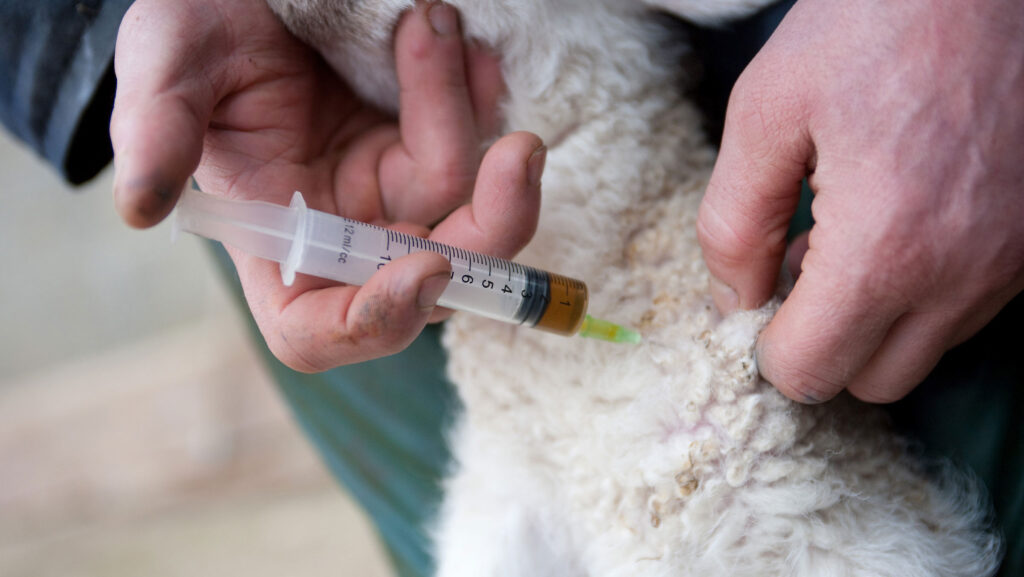Defra launches plan to combat antimicrobial resistance
 © Tim Scrivener
© Tim Scrivener Defra has today announced a new five-year plan to tackle antimicrobial resistance (AMR) – a global issue that makes infections difficult or impossible to treat, and affects humans and animals alike.
The new national action plan will commit the UK to reducing its use of antimicrobials – such as antibiotics, antifungals and antivirals – in humans and animals, and to strengthen surveillance of drug-resistant infections before they emerge.
The plan will build on progress towards the UK’s 20-year vision for antimicrobial resistance, which aims to see the issue contained, controlled and mitigated to protect public health.
See also: Farmers say more data needed on Schmallenberg impact
UK chief veterinary officer Christine Middlemiss has welcomed the announcement, saying: “The UK has made fantastic progress in the past 10 years to reduce AMR in animals, working between government, farming industry, vets, and animal keepers to reduce the use of antibiotics in food-producing animals by more than half.
“The new national action plan will build upon these achievements, and I urge vets and animal keepers to continue to support the UK’s 20-year vision to contain and control AMR.”
This is the second in a series of five-year national action plans, and will run from 2024 to 2029.
Antimicrobial resistance
Defra says that the plan embeds lessons from the Covid-19 pandemic and will include specific commitments focusing on infection prevention and control, and the development and use of diagnostics and vaccines.
Action has already been taken across sectors, including the medical and farming industries, to decrease the number of infections and prevent antimicrobial resistance from spreading.
The Responsible Use of Medicines in Agriculture (Ruma) Alliance chairwoman Cat McLaughlin has said she is pleased to see the new commitments laid out.
She said: “In the UK, the responsible use of medicines across UK farming is already part of everyday language, with farmers and vets working collaboratively to embed best practice for responsible use and reductions across all sectors.”
Each year Ruma produces its Targets Task Force (TTF) report which provides updates on antibiotic reduction targets across UK livestock sectors.
Ms McLaughlin pointed out that the latest report coincided with the Veterinary Medicines Directorate’s (VMD) UK-Veterinary Antibiotic Resistance Sales Surveillance (2022), which highlighted UK antibiotic sales for food-producing animals have reduced by 59% since 2014, to an average 25.7 mg/kg.
This represents the lowest sales to date.
“Even with the best healthcare and preventive plans in place, people and animals do get sick at times and antibiotics remain a key medicine in the treatment ‘toolbox’ to help people and animals recover,” said Ms McLaughlin.
“In those situations, antibiotics are rightfully needed and should be delivered under the mantra of ‘as little as possible, as much as is necessary’.
“By using antibiotics only when truly needed, UK agriculture continues to play its role in tackling AMR and protecting the efficacy of these important medicines long into the future.”
